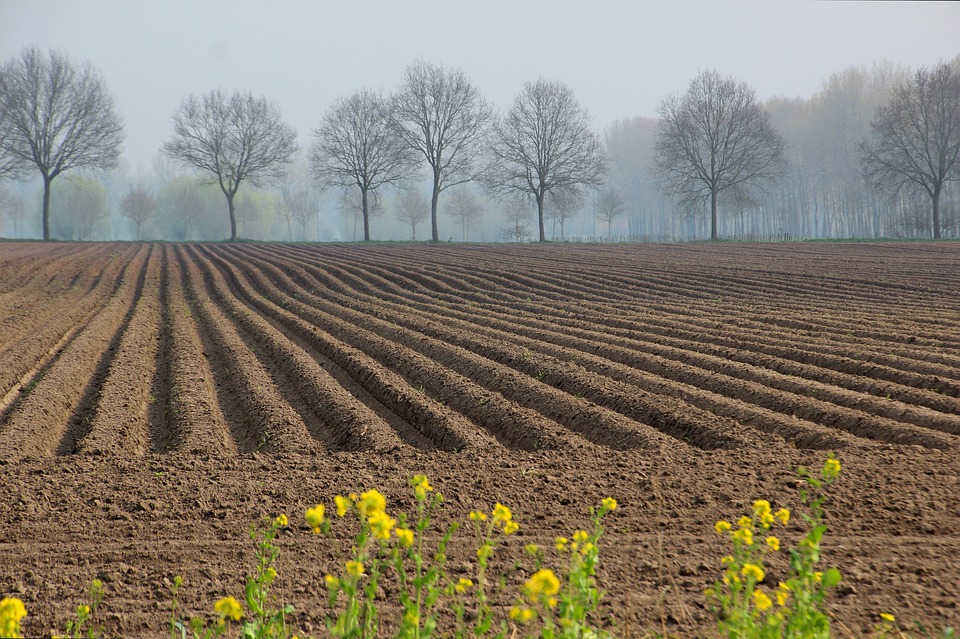GOD'S GLORY
A few years ago I watched
a program on Day of Discovery. It was about a twenty year old girl
named Lygon Stevens who was a mountain climber and had died in an
avalanche while climbing with her brother. Lygon did not sound like
your typical twenty year old. We get a glimpse into her walk with
the Lord through her journal that her brother salvaged during the
accident. She seemed to have found all the things that young girls
are looking for in her Lord and Savior, Jesus Christ. But after her
death, her family was left to deal with their huge heart rending
loss. Their suffering was horrific. More of the story can be found
on the website http://www.timetoliveisnow.org/.
The takeaway in this
story for me is an illustration that came from Lygon's mother. She
had been asked to speak somewhere and had gone to a place of solitude
to gather her thoughts. It was still very hard to carry this whole
thing around with her...the loss of her daughter, but the story of a
love affair that Lygon had had with her Savior. She had fallen
asleep briefly, and when she woke up, there were five elk with huge
racks of antlers. She noticed how cumbersome and weighty the antlers
seemed to be. She heard God telling her that this was a picture of
us carrying around His glory. It's not always easy. In fact,
rarely is. But His glory is what it's all about.
Sometimes in life we must
suffer. We don't and can't understand why. Many people think Job is
a book about why people suffer. But that question is not answered
in Job. We can't always know why. We just know Who. Our sufferings
may seem senseless or a waste of time, but there's an element we
usually miss – His glory.
The Hebrew word for glory
is kabowd, pronounced
kä·vōde'. Blue Letter Bible Outline of Biblical Usage gives this definition:
1) glory, honor, glorious, abundance
a) abundance, richesb) honor, splendor, glory
c) honor, dignity
d) honor, reputation
e) honor, reverence, glory
f) glory
We don't get to choose if
we suffer or not. We do have a choice in how we respond to
suffering. We can run from it, rebel against it and refuse to let
Him use it, or we can move toward the suffering in surrender to Him
in trust that He has a plan, not just for me, but a greater plan to
display His glory. Those antlers were like a badge of honor to the
elk. And they were very abundant. They gave the elk splendor and
dignity, but they were heavy.
God's glory is heavy,
weighty.
Kabowd is
from the root word kabad, pronounced
kä·vad'....

.jpg)



Comments
Post a Comment